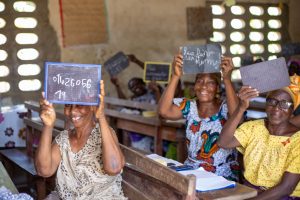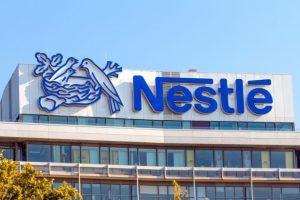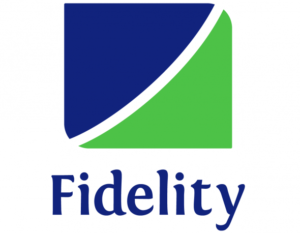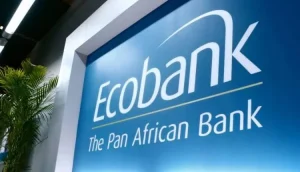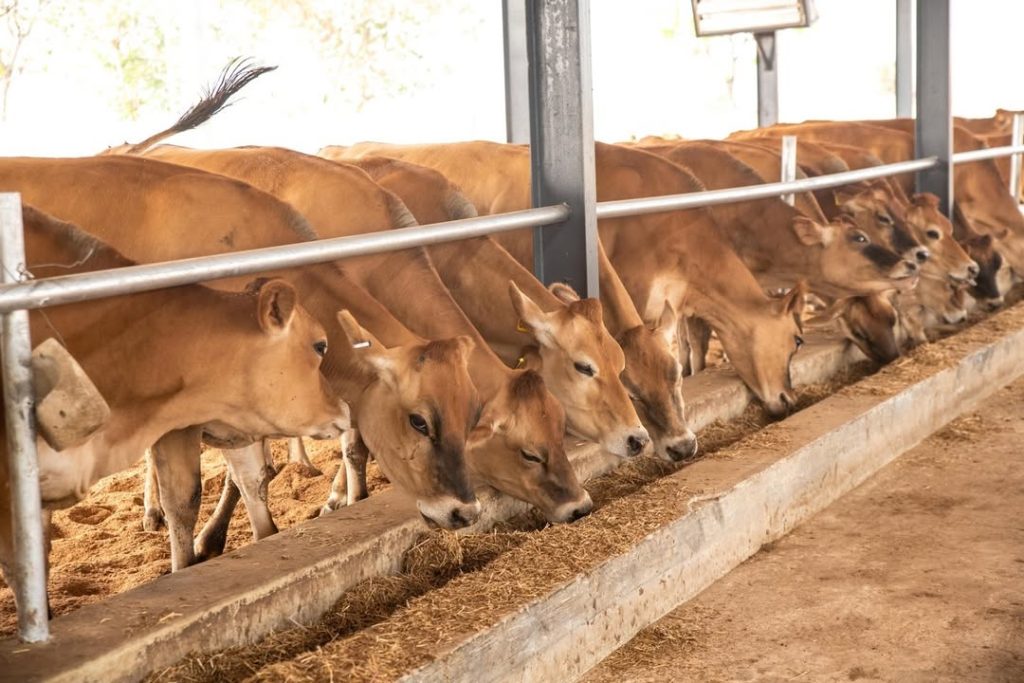
Introduction: A Dairy Revolution in the Heart of Nigeria
In the arid plains of Paikon Kore, a quiet agricultural revolution is underway. What was once a neglected grazing reserve on the outskirts of Nigeria’s Federal Capital Territory is fast becoming a beacon of hope for thousands of pastoralist families and a potential blueprint for transforming the nation’s fragile dairy sector.
At the center of this transformation is the Nestlé Nigeria Dairy Demonstration Farm, inaugurated in 2024. More than just a corporate social responsibility initiative, this facility represents a strategic pivot in Nestlé’s long-term plan to localize milk sourcing, reduce dependency on imports, and empower smallholder dairy farmers through its Nestlé Nigeria Livestock Development Project (NLDP).
But behind the celebratory headlines and ribbon-cutting ceremonies lies a deeper, multi-layered story—one that speaks to the interplay of corporate influence, national food security, and the resilience of Nigeria’s pastoralist communities.
Background: The High Stakes of Nigeria’s Dairy Crisis
Nigeria consumes over 1.7 billion liters of milk annually (National Dairy Development Programme), yet nearly 60% of that milk is imported, costing the country over $1.5 billion in annual foreign exchange (CBN, 2023). Local production has long been hampered by outdated practices, poor infrastructure, and climate-induced pressures on pastoralist communities.
The average milk yield per local cow in Nigeria is just 1 liter per day, compared to global averages of 25–30 liters (FAO, 2021). This productivity gap is a major contributor to Nigeria’s food insecurity and economic vulnerability.
Recognizing these challenges, Nestlé launched the NLDP in 2021, structured around three pillars: Better Milk, Better Feed, and Resilient Communities. With support from the Federal Capital Territory Administration, Dutch-funded agricultural incubator 2Scale, and implementation partner CBi Innovations Ltd., the project aimed to build a localized, sustainable dairy value chain.
On the Ground: From ₦70,000 to ₦250,000—Pastoralist Incomes Soar
At the launch of the new demonstration farm, Nestlé Nigeria’s Managing Director Wassim Elhusseini revealed startling figures: since 2019, the company has invested over ₦1.8 billion (approximately $1.25 million USD) in the region. Milk producers under the program have seen their monthly household incomes rise from ₦70,000 in 2021 to ₦250,000 in 2024.
“The increase is driven by improved yields, better herd health, and access to infrastructure,” Elhusseini stated.
According to internal program data made available to [Your Publication], daily milk collection has jumped from 200 liters in 2021 to over 6,000 liters per day in 2024. Over 1 million liters of raw milk have been aggregated through the Milk Collection and Cooling Centre, and 83 dairy cooperatives involving over 3,000 pastoralists have been established.
These gains are not just statistical milestones—they represent transformed lives.
“Before, we couldn’t sell milk regularly or at fair prices,” said Fatima Bature, a herder and mother of four. “Now, we have cooling systems, a fixed buyer, and veterinary support. My children now go to school consistently.”
The Demonstration Farm: A Model for National Replication
Spanning 4 hectares within the Paikon Kore Grazing Reserve, the Nestlé Demonstration Dairy Farm is a fully equipped facility featuring:
- Cattle sheds, a calf pen, maternity and sick bays
- A holding area and dip-tank
- Automated milking systems
- Solar-powered infrastructure and a biogas waste management system
- A hay barn and fodder cultivation plots
The farm is more than a production site; it is a training hub for pastoralists, agricultural extension officers, and academic researchers. This aligns with Nestlé’s Creating Shared Value (CSV) philosophy—creating business growth through societal impact.
“This farm is not merely a project—it’s a catalyst for sustainable transformation,” said Soji Apampa, CEO of CBi Innovations Ltd. “We are merging innovation with environmental stewardship and community welfare.”
Policy Implications: A Nod from the Government
The federal government, under its National Livestock Transformation Plan (NLTP), has made the revitalization of the dairy sector a strategic priority. The creation of a Federal Ministry of Livestock Development in 2023, headed by Alhaji Idi Mukhtar Maiha, reflects this commitment.
“Nestlé’s work aligns with our goals to reduce dairy imports and promote local capacity,” the minister said at the launch. “Projects like this enable backward integration and bring real economic empowerment.”
In a nation with over 20 million cattle, but where less than 10% are used for milk production, the success of such a model could be a game-changer (Nigerian Veterinary Journal, 2023).
Community Voice: Empowerment or Dependency?
Despite the glowing reviews, some stakeholders remain cautiously optimistic.
“We welcome the farm, yes. But we hope Nestlé doesn’t become the only buyer,” said Sulaiman Ahmed, speaking for local cooperative leaders. “We want skills and independence, not just contracts.”
Indeed, experts warn that such initiatives must be built around community ownership, transparent pricing, and inclusive access to resources—or risk becoming extractive in the long run.
“There is always the danger of monopolization in contract farming models,” warns Dr. Ifeanyi Ogbonna, an agricultural economist at the University of Ibadan. “Nestlé must be careful to institutionalize local leadership and open markets for these farmers.”
Conclusion: A Promising Start with a Watchful Eye
Nestlé Nigeria’s Dairy Demonstration Farm is a bold experiment in creating a self-sustaining dairy value chain. It exemplifies how public-private partnerships can deliver scalable solutions in agriculture—when done right. It offers jobs, training, and a roadmap toward Nigeria’s dairy independence.
But success must be measured not just in liters and income, but in long-term resilience: Can local cooperatives thrive without Nestlé’s oversight? Will pastoralist women gain equal access to resources? Can this model be replicated across Nigeria’s restive northern belt?
As Nigeria stares down a future shaped by climate change, food insecurity, and rural poverty, such questions are not just academic—they are existential.
Sources:
- Central Bank of Nigeria (2023) – Dairy Import Data: cbn.gov.ng
- FAO Dairy Production Guide (2021): www.fao.org
- National Dairy Development Programme (NDPP) Reports, 2024: www.nddp.gov.ng
- Nigerian Veterinary Journal, Vol. 44 (2023): nvj.org.ng
- Interviews with pastoralists and program officials in Paikon Kore (Conducted Oct 2025)




